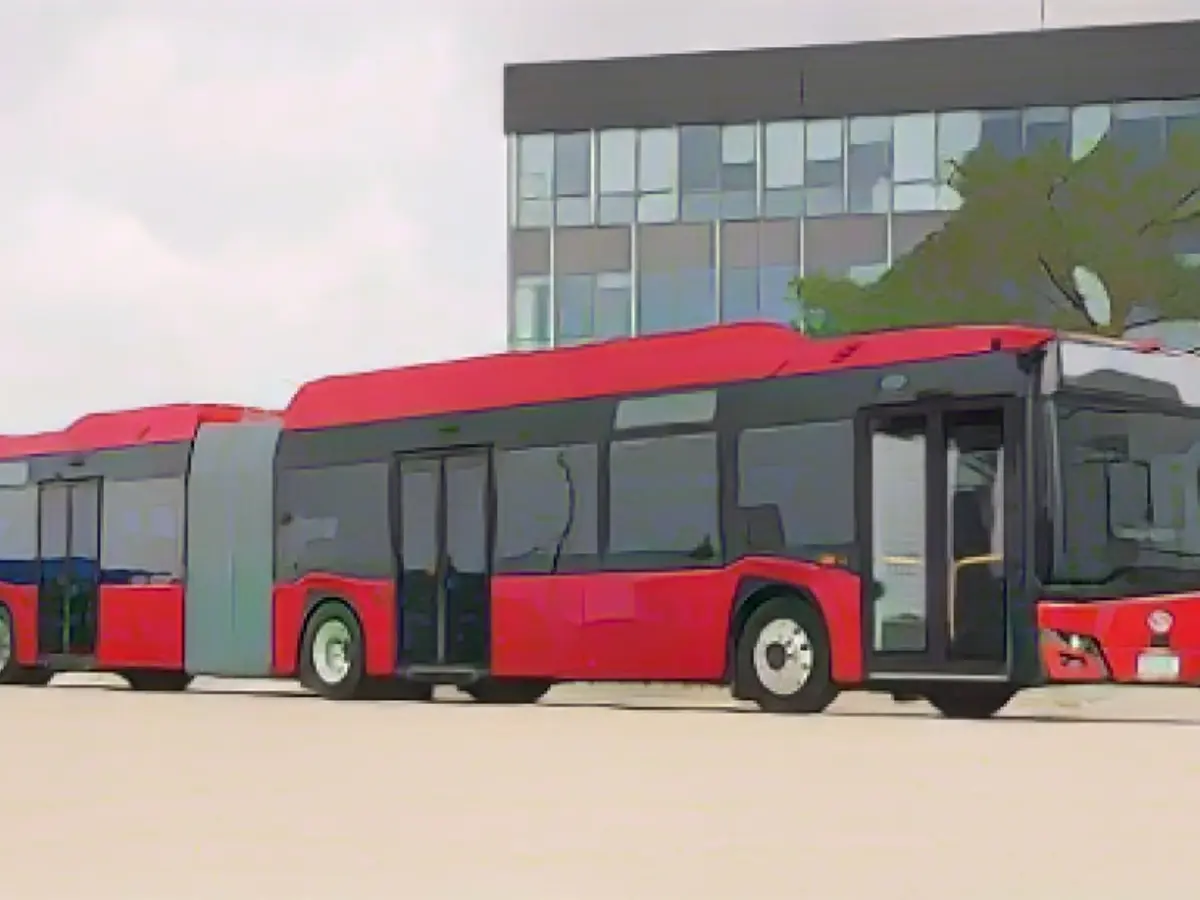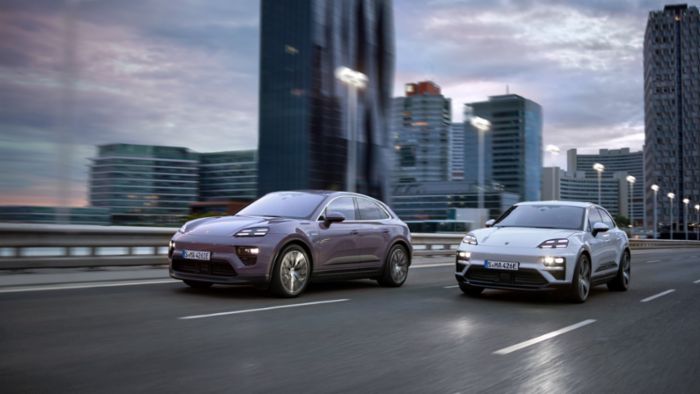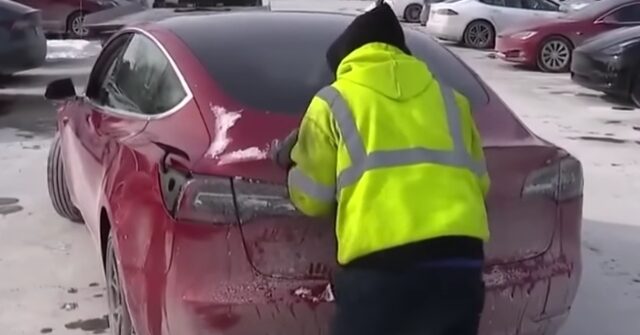They want to buy a transportation unit that is likely designed for majority of consumers.
Now I appreciate that in the US it appears that adapting an older home to be capable of home charging can be expensive but it’s the future and it’s something that needs to be addressed.
Here is the problem. Auto buyers in the US, the majority of them are NOT enthusiasts. We here are a Tiny fraction of the Macan community and a very tiny fraction of those who buy autos. In no way are we representative. For the majority, cars are expensive appliances, nothing more, nothing less. The big decision is "what color?" and "how much are the payments"?
Here its much more nuanced. Enthusiasts, regardless of which side you are on in this discussion, are extreme in that they represent the far end, several standard deviations from the norm, either side of the normal curve. Meanwhile, the majority, the normal, don't care one wit about the car, other than they need it go to work, school, shopping, etc.
And no, "its not the future", that depends upon a personal POV. I've been told flying cars were the future 50 years ago. Still waiting. I was told Laserdiscs were the future, I bought a player, cutting edge, early adopter and got burned. CDs? Cassettes? WAVE of the future. DVRs? WAVE of the future, none of it has been true.
Technology advances far too fast. 50 years ago who could believe you could heat up or cook a dinner in a "microwave" in 3 minutes when cooking took HOURS? Just 30 years ago whoever would have believed you don't need to watch TV live, don't need a cassette recorder, but could be watching anything you want, on your phone, in 4K, anytime???
Its a big mistake to "predict" anything is the future, especially when its in its infancy.
I went into photography for awhile, bought professional type equipment, I knew digital, over time, would replace film as the resolution of sensors got better, and now all that expensive glass don't really matter cause my $1K phone takes just as good a picture for 95% of things.
Time marches on and technology gets better and better and better. I would not bet on anyone thing. Choice is the best of all and decide for yourself. Choose wisely.










